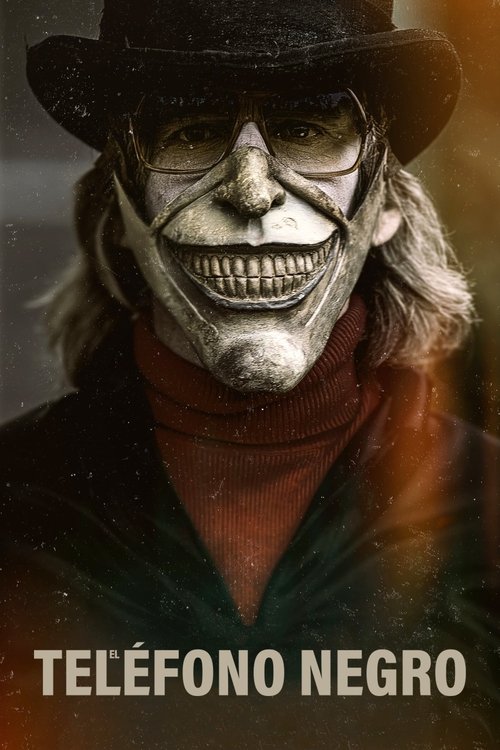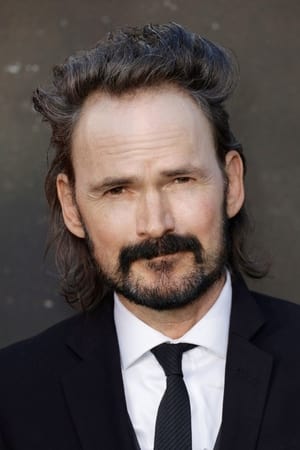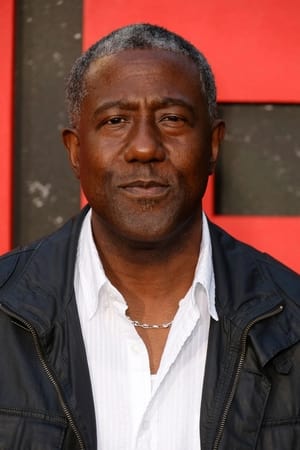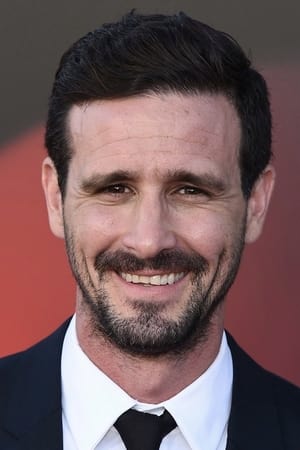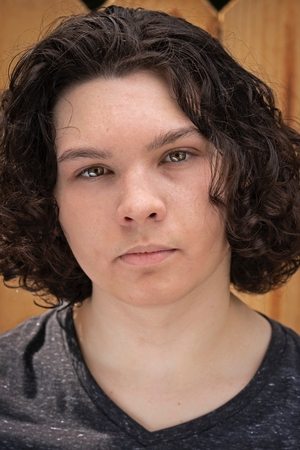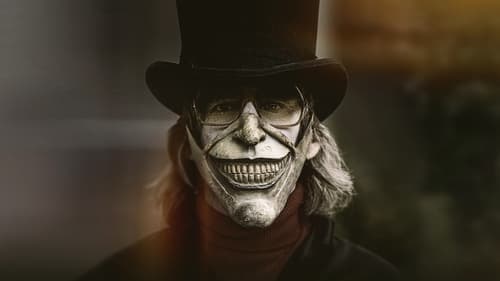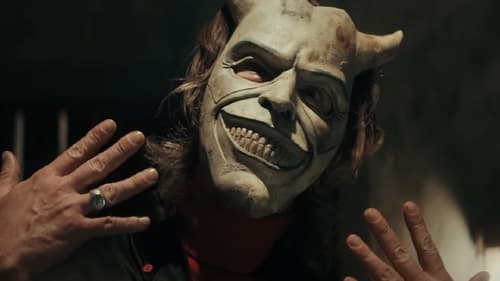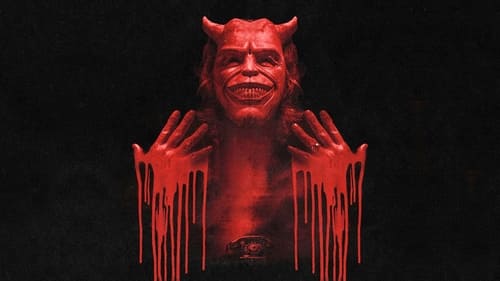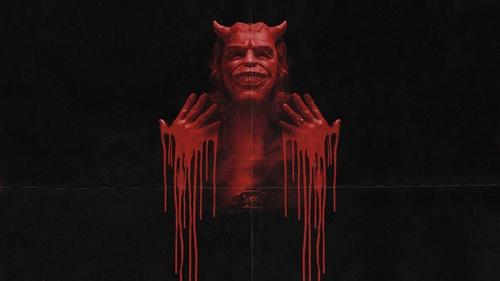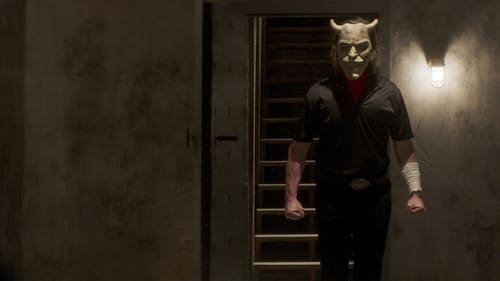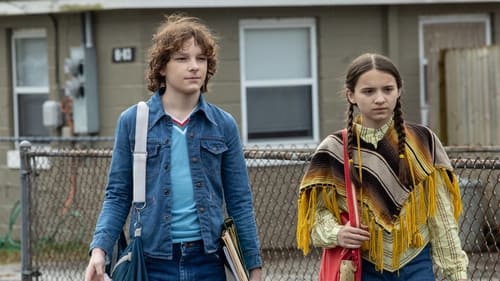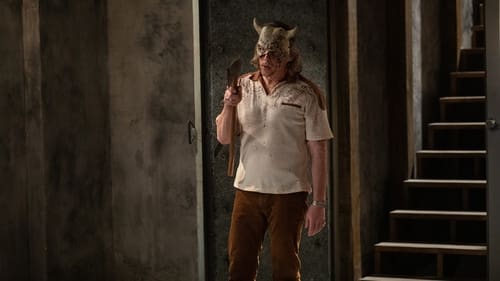
Marco-Hugo Landeta Vacas
8
|
abr. 04, 2025
(CASTELLANO) The Black Phone no reinventa el género, pero sabe exactamente qué teclas tocar para mantenerte en tensión. Tiene momentos de angustia real, de esos que se te agarran al pecho, y consigue crear una atmósfera densa, casi asfixiante, sin necesidad de recurrir al susto fácil cada cinco minutos. A medida que avanza, el miedo se vuelve más psicológico que visual, y ahí es donde realmente funciona.
Ethan Hawke está inmenso. Su personaje es inquietante incluso cuando no está en pantalla. Le basta una máscara, una postura o una mirada para que entiendas que algo va muy mal. No hace falta que grite, ni que corra; su amenaza es fría, controlada, y por eso da tanto miedo. Y el joven reparto que lo acompaña está muy a la altura, especialmente Mason Thames, que lleva gran parte del peso de la historia con una naturalidad sorprendente.
Lo que también destaca es ese aire de cuento oscuro, casi como si fuera una versión siniestra de una historia clásica sobre el mal y la infancia. Hay ecos de It, pero sin payasos ni globos: aquí los monstruos se esconden en sótanos reales y usan teléfonos desconectados para hablar desde el más allá. Suena raro, pero encaja, porque lo trata con seriedad y sin regodearse en lo sobrenatural.
Es cierto que hay cosas que se ven venir y que algunos elementos podrían estar más trabajados, pero eso no quita que el conjunto funcione. No es solo una película de terror, también habla del miedo real, del abuso, del poder de la memoria y de cómo enfrentamos lo que nos rompe.
En resumen, The Black Phone no solo asusta, también incomoda, y eso es justo lo que debe hacer una buena película del género. Una propuesta sólida, tensa y con una interpretación de Hawke que te va a costar olvidar.
(ENGLISH) The Black Phone doesn’t reinvent the genre, but it knows exactly which buttons to push to keep you on edge. There are genuinely distressing moments—the kind that tighten around your chest—and it manages to build a thick, almost suffocating atmosphere without relying on cheap jump scares every five minutes. As the story unfolds, the fear becomes more psychological than visual, and that’s where the film really shines.
Ethan Hawke is phenomenal. His character is deeply unsettling, even when he’s not on screen. A mask, a posture, a glance—he doesn’t need much to let you know something’s very wrong. There’s no shouting or chasing; his menace is quiet and controlled, and that’s exactly why it’s so frightening. And the young cast around him holds up remarkably well—especially Mason Thames, who carries much of the story with a disarming naturalness.
What also stands out is the film’s dark fairytale feel, like a twisted version of a classic tale about evil and childhood. There are shades of It, but without clowns or red balloons—here, the monsters hide in real basements and use disconnected phones to speak from beyond. It sounds strange, but it works, because the film treats it seriously without overindulging in the supernatural.
Sure, some moments are predictable and a few elements could’ve been developed more, but none of that undermines the film’s impact. This isn’t just a horror movie; it’s also about real fear, about abuse, memory, and how we face the things that break us.
In short, The Black Phone doesn’t just scare you—it unsettles you. And that’s exactly what a good horror film should do. A solid, tense ride with an unforgettable performance from Hawke.
